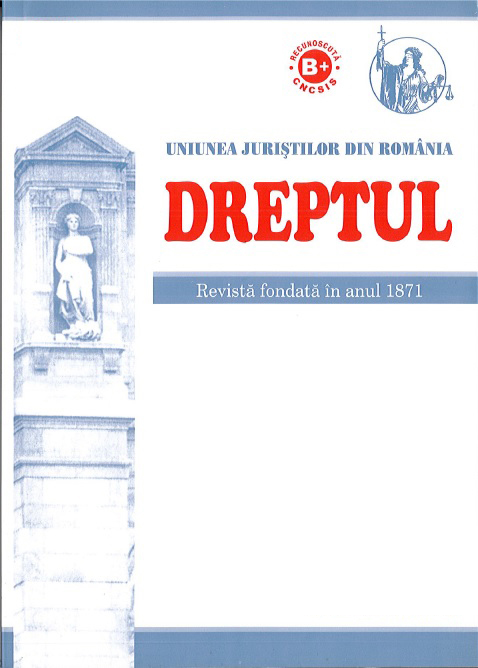The Civil Procedure Code reserves only five articles to the court costs and this study will emphasize the fact that this area exceeds the regulatory scope of the Civil Procedure Code, having connections also with other normative acts, as well as the circumstance that the assessment of the quantum of court costs is an aspect left to the enlightenment and wisdom of the judge, the legislator offering few criteria for evaluating their extent.
The purpose of the present study is to provide an overview of the judicial costs, as well as to delimit the scope of the costs that can be recovered as a result of winning the trial from the costs that the courts did not approve. We will submit to the analysis the notion of costs, their legal nature, but also the legal basis underlying their award. Likewise, we will stop on the modality in which the court costs can be reduced or even rejected by the court.
A separate part of the present paper will be devoted to the analysis of the lawyer’s fee, as part of the court costs. In this section, we will make a presentation of the different ways of establishing the lawyer’s fee, stopping, in particular, at the success fee, which we will define and delimit from the pact of de quota litis.
At the end of the paper, we will offer some proposals de lege ferenda regarding the evaluation of the court costs, the necessity of legal regulation of the success fee and of the costs requested separately.


